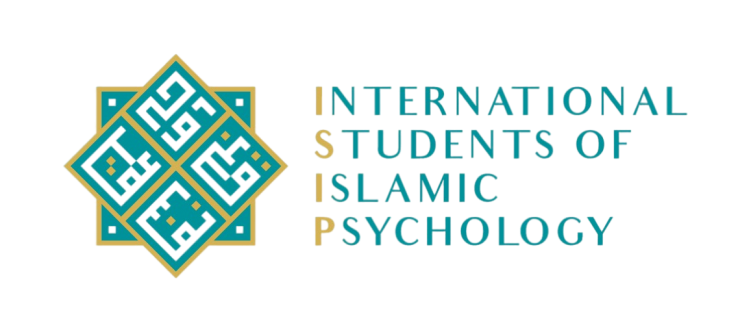Social support plays a crucial role in human life and well-being. There is also a strong emphasis on it in Islamic psychology, aligning with the teachings of the Quran, the Hadith and Islamic scholars’ opinions. Social support in Islamic psychology is defined as helping or assisting an individual with any means to improve his or […]
BY H MOTALA Cognitive Behavioral Therapy, CBT, is a widely practiced and highly effective approach to psychotherapy that has transformed the landscape of mental health treatment. Rooted in the belief that our thoughts, feelings, and behaviors are interconnected, CBT seeks to empower individuals to understand and manage their emotional well-being by exploring and modifying their […]
by Rushna Ali Khan When we look around, we see smiling faces but empty hearts. There is materialistic abundance in people’s lives but no satisfaction. Outer chaos has conquered inner peace. Why? Why is there emptiness, lack of happiness and displeasure? We call this “spiritual emptiness.” Materialism and worldly pleasures have created “spiritual holes” in […]
by Abdul Azeez Tunbosun One of the most emphasized teachings in Islam, which is also shared by the other Abrahamic faiths, is that life is transient. We came from somewhere, journeying on a mission and will definitely return at an undisclosed time. The reality of the unknown time of return is a mystery which encourages […]
by Abubakar Haruna Spiritual practices have an important history, recognition and relevance in psychology. They promote well-being, personal growth, and resilience in human beings. There are various practices that promote the psychological well-being of people, inner peace and social discomfort. Most psychological theories and frameworks explicitly incorporate these practices (to be noted below) but there […]
by Sarah Saeed Gratitude is recognizing and acknowledging good experiences and outcomes resulting in a state of appreciation. It is an emotional state as well as a dispositional trait. As Muslims, we believe that the source of all blessings in our life is Allah (SWT) and therefore all our gratitude must be directed towards him. […]
By Abubakar Haruna In Islam, character is paramount such that Allah and His Prophet (SAW) emphasized the importance of character (Khuluq) several times in the Quran and in the hadith. Khuluq, as a character or disposition, plays an important role in Islamic psychology. It refers to the moral and ethical qualities of an individual and […]
Every bit of existence has a connection to TRUST. For humans, trust always precedes or co-exists with our actions. Trust is “a firm belief in the reliability, truth, or ability of someone or something.” Common, in our everyday conversations, are phrases such as “truth be told…” before establishing a fact. Interestingly, whether the fact is […]
6. The end of times is marked by earthquakes, volcanic eruptions, natural disasters and massive deaths Whenever a serious catastrophe hits this world, we see headlines speaking of the ‘apocalypse’. It is surely the weak human’s incapacity to imagine greater damage or his need to justify any of his reactions to what is happening. Our […]
It is very hard to speak of human grief because it calls for a lot of nuances and one cannot venture into ‘guessing’ words that give painful events their due. Nevertheless, it is only fitting to say that whenever large-scale catastrophes hit, they submerge the ummā in deep agony. Loss, in Arabic, is “ faqd”. […]
